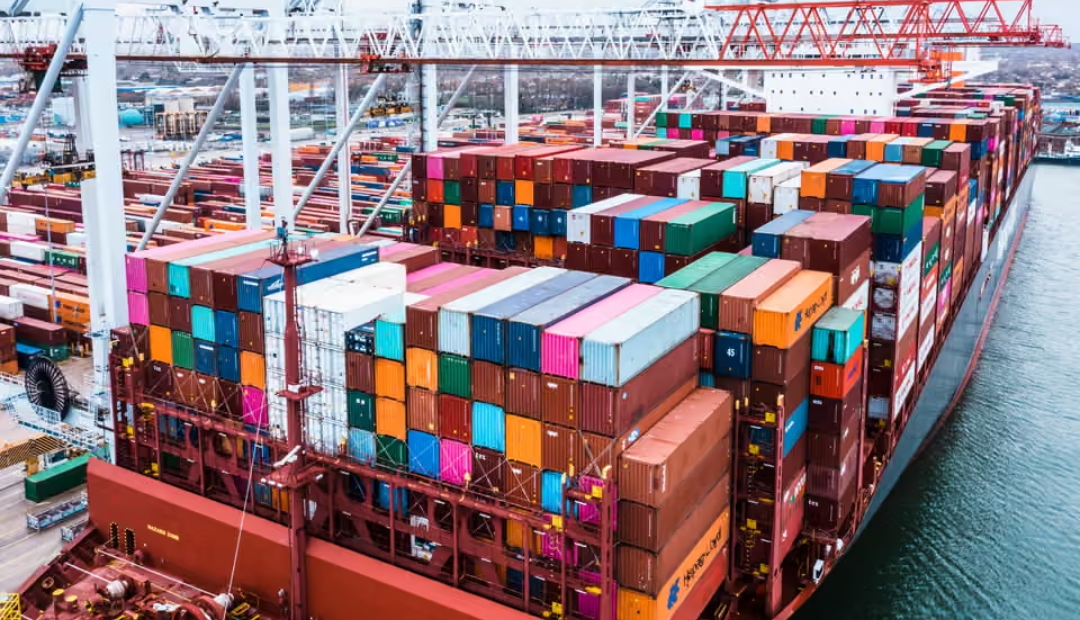Nigeria stands at a crucial juncture in its pursuit of economic growth and diversification. While policymakers continue to emphasise industrialisation, export promotion, and regional trade leadership, the foundation on which much of this ambition rests, port infrastructure, remains alarmingly weak. Improving Nigeria’s ports is no longer optional; it is a necessary step toward unlocking the country’s economic potential.
Ports are vital arteries of commerce. They are the entry and exit points for goods, services, and capital. In a country like Nigeria, where over 80 percent of trade depends on maritime transport, the quality and efficiency of port operations directly influence the cost of doing business. Unfortunately, Nigeria’s ports are notorious for inefficiency, high costs, and delays. These systemic failures undermine national competitiveness and hamper the ability of local businesses to thrive.
In Lagos, which handles over 70 percent of Nigeria’s cargo traffic, congestion is a permanent fixture. Cargo that should be cleared within 48 hours can take as long as two weeks. The resulting costs from demurrage charges to bribery and loss of perishable goods are passed on to consumers and businesses, contributing to inflation and stifling economic activity.
The impact goes beyond Lagos. Manufacturers across the country who rely on imported raw materials face supply chain disruptions due to port inefficiencies. Exporters, particularly of non-oil products like agro-commodities and solid minerals, struggle to meet international timelines and standards. Investors, both domestic and foreign, view the port system as a risk factor, discouraging critical capital inflow.
Meanwhile, neighboring countries such as Ghana and Togo have made strategic investments in modern, efficient ports and are fast becoming preferred destinations for regional cargo. Nigeria, despite being the largest market in West Africa, is losing trade to smaller, more organised economies due to self-inflicted logistical gridlock.
Improved port infrastructure would be a game-changer for the Nigerian economy. Faster cargo clearance and lower transaction costs would enhance trade volumes and stimulate industrial output. It would attract foreign direct investment, expand job creation in logistics and transport, and boost Nigeria’s standing as a key player under the African Continental Free Trade Area. Strengthening inland connectivity through rail and road would extend the benefits to the hinterland, supporting inclusive development.
Reforming port infrastructure requires more than physical upgrades. It demands a complete overhaul of port governance, full digitisation of cargo handling and customs processes, and the elimination of corruption and bureaucracy that thrive in opacity. It also means decentralising cargo operations to eastern and riverine ports to ease the pressure on Lagos and create new regional trade hubs.
Port inefficiencies are no longer a nuisance; they are a barrier to growth, prosperity, and global relevance. If Nigeria is to fulfill its economic promise, it must begin with the ports. The maritime gateway must become a symbol of efficiency and opportunity, not frustration and failure. Only then can the nation truly chart a course toward sustained, inclusive growth.





